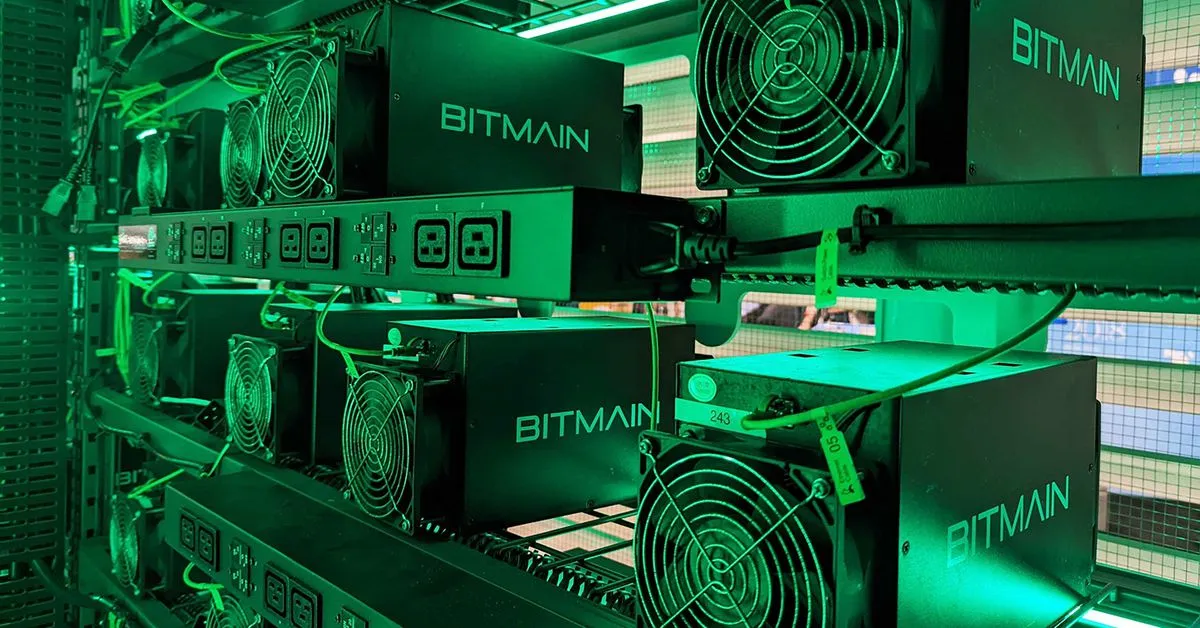The 2024 US Presidential Election could be the first time in history that Bitcoin and the cryptocurrency community play a pivotal role. With several Republican candidates – Governor Ron DeSantis, Mayor Francis Suarez, and Vivek Ramaswamy – being proponents of Bitcoin, and Robert F. Kennedy Jr. pledging to support the rights of all Americans to use, custody, and mine Bitcoin, the growth of the crypto industry and the sheer number of investors in the United States is reaching levels hard to ignore. The U.S. Federal Reserve estimates that 8%-11% of Americans – certainly enough to sway an election – own cryptocurrencies depending on the relative timing of the bull/bear market cycle, says Kyle Schneps, director of public policy at Foundry.
The Biden administration has maintained a tough-on-crypto policy posture since taking office in January 2021, and this could negatively affect candidates in the 2024 election. Bitcoin mining companies are employing thousands of voters, increasing local tax revenue, and revitalizing areas that have been overlooked and underserved for generations.
The anti-Bitcoin and anti-crypto rhetoric espoused by some in Washington DC has unwittingly created an ardent and oppositional voting bloc where one had not previously existed. Like any industry or community, Bitcoin and crypto supporters are diverse and varied in personal experience and political outlook. But anti-innovation policies continue to be viewed with mistrust by a growing pro-crypto cohort of Democrats, independents, and Republicans who are willing to be single-issue voters if they feel that their livelihoods, investments, and ideological beliefs are in jeopardy, says Schneps.
Politicians competing in the coming campaign cycle should take note that being anti-Bitcoin will alienate a rapidly growing cohort of young, diverse, and politically-engaged American voters.
